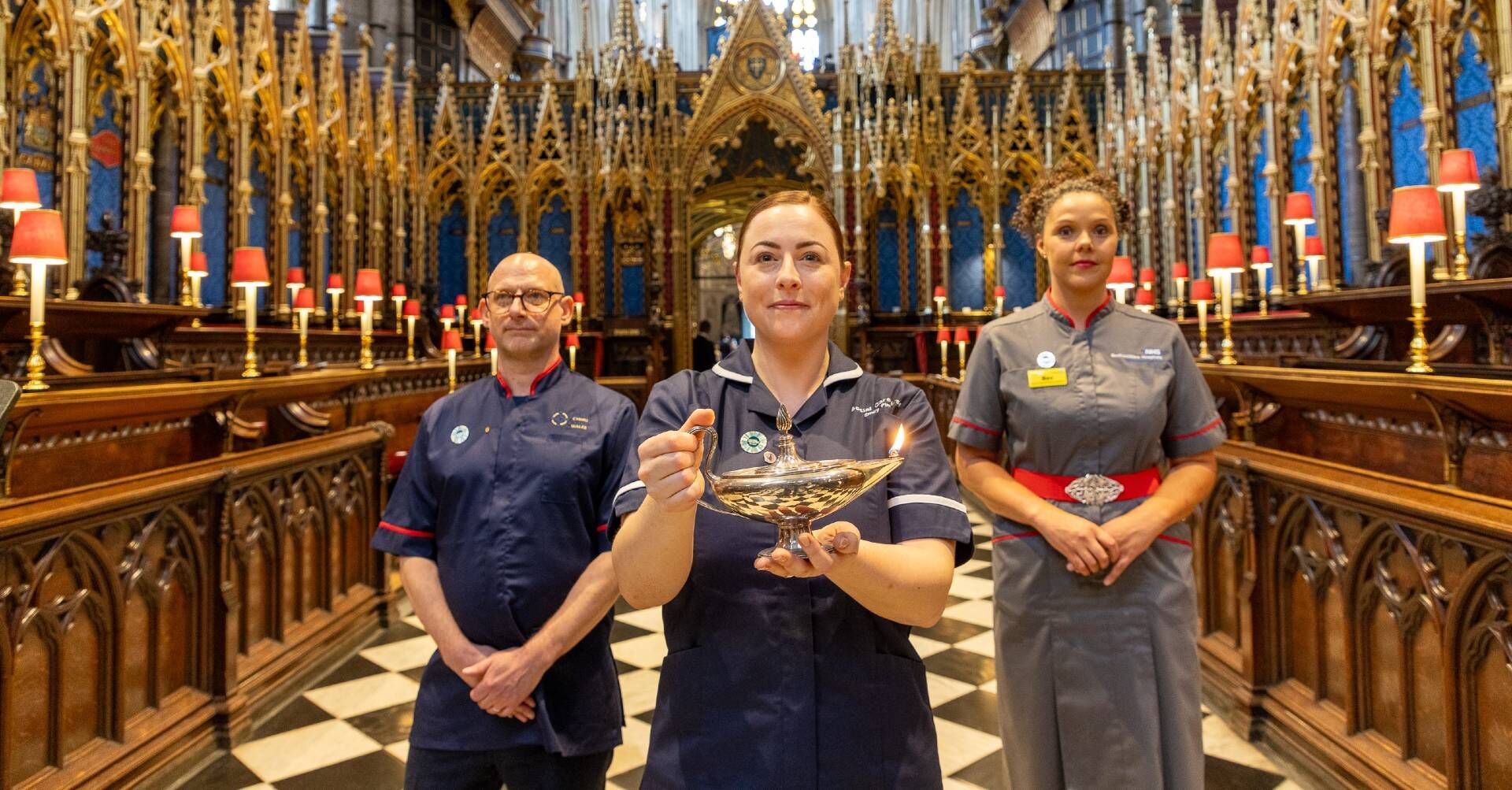Plans to update the NHS constitution to enable patients to request same-sex intimate care have been criticised by NHS Confederation as dragging the health service into a ‘pre-election culture wars debate’.
The think tank has said that updating the constitution should focus on high quality care for all, rather than ‘grabbing headlines’.
The comments were made in response to the government’s launch of a consultation into changing the constitution, which is a document outlining the rights of patients and staff.
The consultation proposes changes including giving patients a right to request intimate care is carried out by someone of the same biological sex and will run for eight weeks until 25 June.
Other proposals include ‘reinforcing the NHS’s commitment to providing single sex wards’ and setting out that placing transgender patients in single-room accommodation ‘is permissible’ under the Equality Act 2010 ‘when it is appropriate’.
The consultation was first announced last year by the then health secretary Steve Barclay, ‘to address growing concerns raised by both patients and staff about biological men being allowed onto women’s hospital wards’.
The government said that the changes will mean patients ‘will be empowered’ to request that intimate care is carried out by someone of the same biological sex, ‘where reasonably possible’ – adding that it has been ‘clear’ that ‘biological sex matters’.
Matthew Taylor, chief executive of the NHS Confederation, said they would review the proposals of the consultation, but that whatever changes are introduced need to be ‘workable’ for staff.
He said: ‘What is absolutely clear at this stage is that a focus on high quality care for all is maintained and that the NHS is not dragged into a pre-election culture wars debate. This is not where energies should be focused.
‘This is especially true when health leaders and their staff already work hard every day to show fairness and compassion towards all their patients and colleagues regardless of their characteristics or needs. They recognise that everyone has the right to be treated with dignity and respect and to be protected from abuse and neglect.
‘In particular, groups of people, including trans and non-binary patients, continue to receive some of the worst health outcomes of any group in our society and NHS leaders and staff will want to do all they can to support these patients, as well as their trans and non-binary staff to reduce inequalities. Whatever changes are eventually introduced following the consultation need to be clear and workable for NHS staff, who should not expect to have to interpret ambiguous guidance at a local level.’
Health secretary Victoria Atkins said: ’We want to make it abundantly clear that if a patient wants same-sex care they should have access to it wherever reasonably possible. We have always been clear that sex matters and our services should respect that.
‘By putting this in the NHS constitution we’re highlighting the importance of balancing the rights and needs of all patients to make a healthcare system that is faster, simpler and fairer for all.’
The consultation also plans to embed a patient’s right to access a rapid external review if they are deteriorating.
The NHS constitution, which was last updated in 2015, has to be brought up to date at least every 10 years.
Health minister Maria Caulfield said: ’Updating the NHS Constitution is crucial to ensuring the principles underpinning our NHS work for everyone.
‘This is about putting patients first, giving them the dignity and respect that they deserve when they are at their most vulnerable. Our plans include accommodating requests for same-sex intimate care and respecting single sex wards.
‘We’ll also recognise the important role of patients’ loved ones in raising concerns about their care.’
The government said it will consider consultation responses from the public, clinicians and medical professionals, patients, carers and organisations representing patients and staff and health stakeholders.
Professor Nicola Ranger, Royal College of Nursing (RCN) chief nursing officer and deputy chief executive said: ‘Patients are already able to request intimate care from a staff member of the same sex, but in an NHS missing tens of thousands of nursing staff it is nigh-on impossible to accommodate with any consistency.
‘It’s also important to recognise that nursing staff treat all patients with the utmost respect and professionalism, no matter their gender. Trans and non-binary patients are deserving of high-quality care like any other patient and changes to health policy should be done with them, not unto them.’
Versions of this article first appeared in our sister titles Pulse and Healthcare Leader







